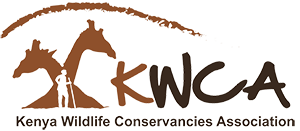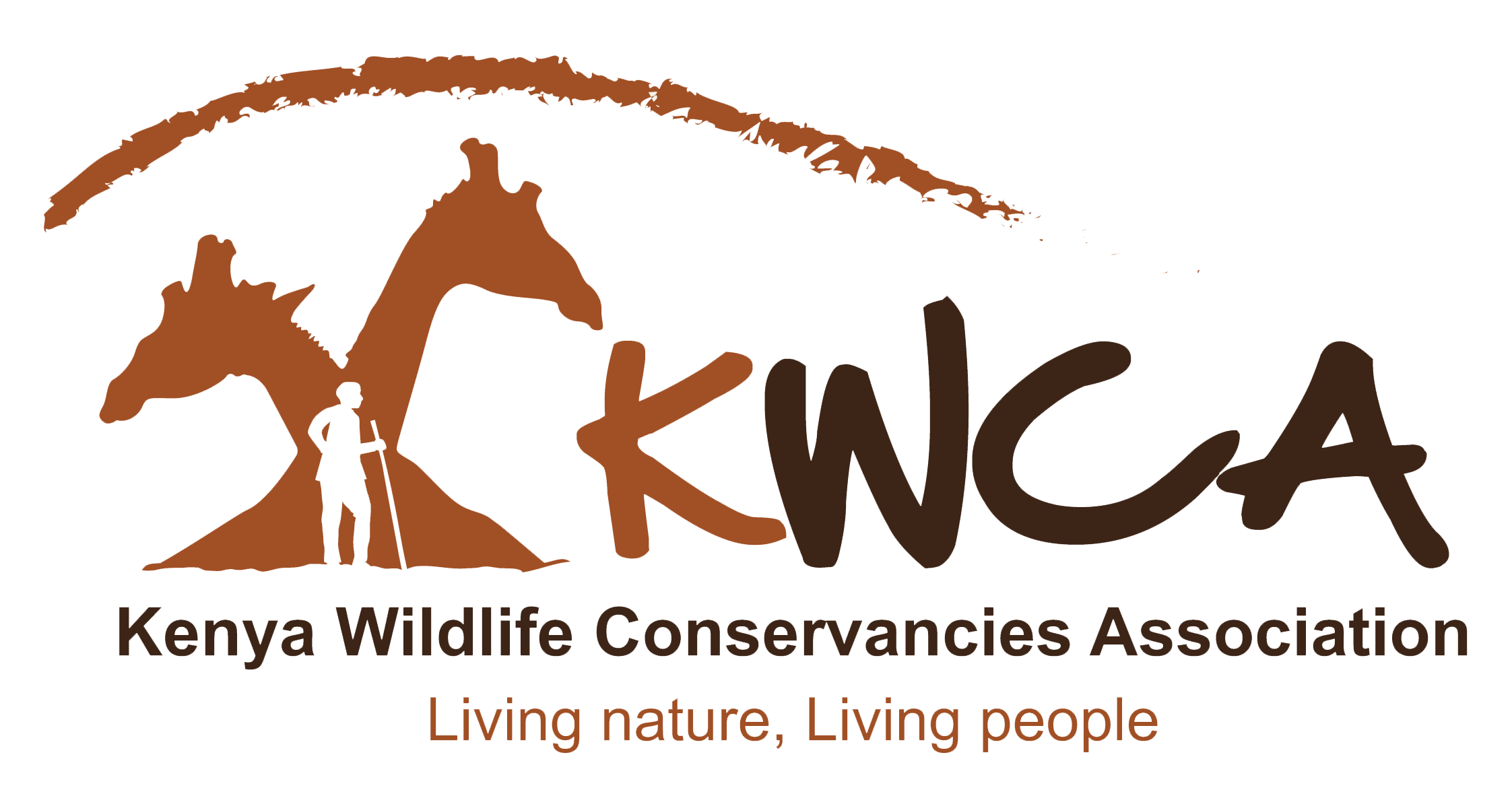CONSULTANCY TO REVIEW POLICY ADVOCACY PROGRAM TO IDENTIFY GAPS, OPPORTUNITIES AND PRIORITY ACTIONS TO FURTHER PROMOTE CONSERVATION OF WILDLIFE IN COMMUNITY AND PRIVATE LANDS IN KENYA
Background
Wildlife conservation in Kenya is categorised as a national function under schedule 4 of Constitution of Kenya 2010. The traditional model and focus of wildlife conservation by the government of Kenya has been the national parks and national Reserve systems under KWS and the County Governments. The State protected areas cover an estimated area of 8% of Kenya’s landmass and hosts an estimated 38% of the Country large mammals. With more that 65% of wildlife utilising areas outside parks and reserves, and cognisant of the need for wider connected landscapes for the country to conserve its biodiversity, the government promotes conservation of wildlife through action by landowners and communities.
Since the early 1990s, Wildlife Conservancies have been established to expand space under conservation and address the migratory needs and adaptation requirements of the large bodied animals, Today, the conservancy network comprises 215 members covering 12.7% of the country landmass. A target of expand area under conservancies to 20% of the country’s landmass has been adopted in KWCA strategy in recognition of the 30% global target by 2030 under the CBD framework.
A key goal for KWCA is to create an enabling policy and legal framework as a foundation for strengthening recognition of conservancies and incentivise landowners to conserve and benefit from conservation activities on community and private land. This is pursuant to the overall goal of the Country’s Wildlife Policy 2020, which provides for the create an enabling environment for conservation and sustainable management of wildlife for current and future generations. The wildlife policy recognises the need for individuals, community and corporate landowners who adopt wildlife as a form of land-use to be incentivised to establish conservancies.
The Wildlife Conservation and Management Act 20131, recognise conservancies as voluntary initiatives established, owned and managed by communities and landowners for wildlife conservation and compatible land uses. KWCA has played a central role in an advocacy program that is aimed at further strengthening the legal support for conservancies and establishing a framework for incentivising landowners. Over the last 7 years, progress has been achieved in the policy space and yet some challenges persists. In the foregoing period, KWCA has been engaged on relevant land and wildlife policies based on a strategy documented in 2021. KWCA engaged in the wildlife act, wildlife policy, wildlife strategy, wildlife regulations and other relevant policies with the goal of improving the policy environment for wildlife conservancies.
While progress has been made KWCA wishes to take stock and review its strategy and priority action based some emerging opportunities. Conservancies on the other hand have voiced concern on the slow process of registering with KWS, unclarity of the process, and the benefit of registering as a conservancy. There is further confusion on whether registration of a conservancy, registration of wildlife user rights and the requirement of the wildlife act for KWS to maintain a register of conservancy on application.
KWCA Advocacy strategy recommends regular reviews on the policy advocacy strategies and actions implemented by KWCA to ascertain the extent to which it addresses members needs and interests, and to act as a basis for which short term and long term policy advocacy actions are to be refocused.
Purpose of the consultancy
KWCA has prioritised the review of the ongoing policy interventions to assess the extent issues relating to conservancies are covered and identify gaps and emerging opportunities for which KWCA policy advocacy can be advanced in the short to medium term.
Scope of work
Working in close consultation with KWCA team, the consultant shall;
- Review progress, document process and identify barriers that hinder conservancies registration with KWS and recommend actions to hasten the process
- Review the Wildlife Policy 2020 to document policy implications relevant to conservation on private and community lands, highlight gains as compared with the previous policy of 1976 and to recommend any gaps based on a benchmark of at least one other relevant country
- Prepare a concise policy brief highlighting key advances and opportunities provided in the Wildlife Policy and any gaps to be addressed in future policy review opportunities
- Review the National Wildlife Strategy 2030 to ascertain the extent to which the provisions of the Wildlife Policy are captured in the priority actions of the Strategy.
- Review the Memorandum submitted by KWCA during the WCMA review process to ascertain convergence with the priorities in the wildlife strategy, wildlife policy to further sharpen the recommendations in readiness to the WCMA validation process
- Analyse the KWCA recommendations on the Natural Resource (Benefit Sharing) Bill, analyse the likely impacts of the Bill to conservation of wildlife in private and community lands and recommend policy advocacy actions necessary, further recommend any identified recommendations to be included in the advocacy on the Bill.
- Based on the above, review the KWCA policy advocacy strategy to map out strategies that have delivered results, gaps in the strategy, areas of strategic impact and additional strategies and actions to be incorporated into the KWCA policy advocacy program.
- Recommend any other policy related actions that KWCA will undertake to better enable and incentivise communities and private landowners to engage in conservation as a preferred land use
Expected deliverables
- An inception report and workplan
- Draft Policy Program review report
- Final Policy Program review report
Required Qualifications
- University degree in Law, Environmental Policy, governance and any other related field. A masters is an added advantage
- Experience in the Kenyan policy and legal framework and demonstrated knowledge of the conservancy network in Kenya
- Excellent communication and writing skills
Submission of Expression of interest
Interested person(s)/firm should submit expression of interest, attach profile of the consultant/firm including experience in handling similar assignments and a proposal on delivery of the task, that includes a work plan and budget to [email protected] on or before August 26th 2022.
Posted on
